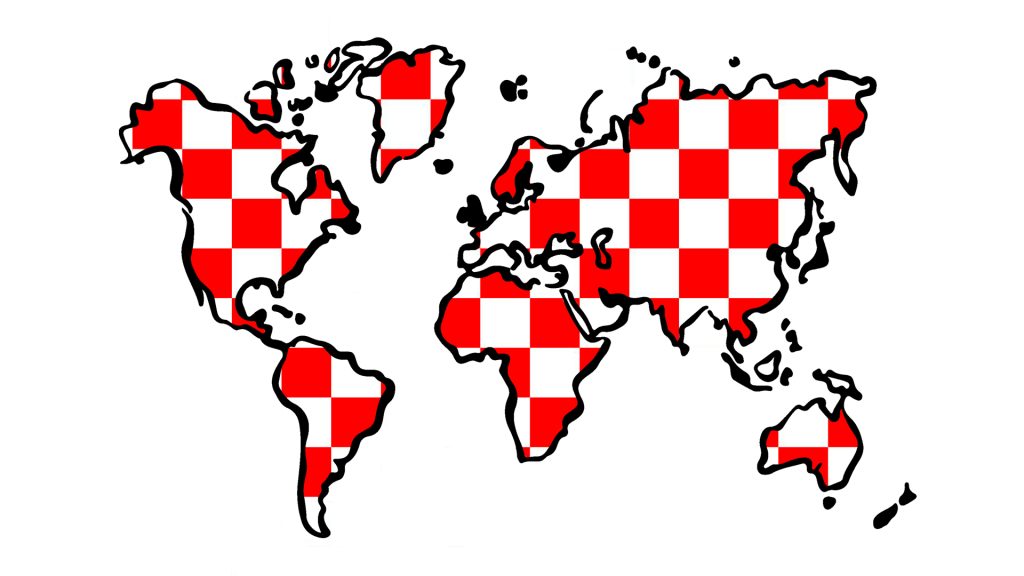The round table “Croats outside Croatia – Challenges of coexistence” was held as part of events marking Osijek-Baranja County Day, bringing together Croatian representatives from Serbia, Montenegro, and Hungary.
The state secretary for Croats outside Croatia, Zvonko Milas, said it was important to raise awareness among Croats in Croatia “about everything our compatriots are, what they are going through and what they live with.”
We must meet each other halfway and raise people’s morale, but we know there is no progress without financial support, he added.
He said that over the past six years the Andrej Plenković cabinet had increased those funds and that it would go further to preserve what distinguished Croats in Serbia, Hungary, Montenegro, and other states.
“We must all work together on becoming one inseparable Croatian people, one global Croatian family, and then we will be successful,” Milas said.
County head Ivan Anušić said Croatia must politically stand behind Croats abroad, and protect their rights and interests so that they could organize and function normally in the countries they live in.
80% of funds for the Croatian community in Serbia come from Croatia
Serbian MP Tomislav Žigmanov said 80% of the funds from the Croatian community in Serbia had come from Croatia’s government, counties, and towns.
We pay taxes in Serbia and would like to draw what a minority community needs from Serbia’s state, local and regional budgets, he said.
There is progress on that front, but it is still not the system Croatia has in dealing with institutional and financial support to minority communities, he added.
The president of the Croatian National Council in Serbia, Jasna Vojnić, said it was important for Croats outside Croatia to become empowered, to talk and convey examples of someone’s successful dealing with challenges, and eventually to come to Croatia
Croatian community’s contribution to Montenegro’s NATO and EU accession
Adrijan Vuksanović, the Montenegrin minister without a portfolio, said it was very important that Croats had a minister in the Montenegrin government, as that would support the community’s fight for the continuity of the Croatian identity in Montenegro.
“Although a small community, we make an immense contribution to the renewal of Montenegrin survival and the process of Montenegro’s accession to NATO and the EU.”
He said Croats helped Montenegro position itself geopolitically there where its statehood began, among the Western civilizations.
Croats’ main goal in Hungary is represented in parliament
The president of the Croatian Self-Government in Hungary, Ivan Gugan, said the most important goal of Croats in Hungary was representation in parliament, which would be fair and useful, as Hungarians have it in Croatia.
We are represented at all levels of the political system, he said. In Hungary, 116 settlements, six counties, and the capital have Croatian self-government units financed from the Hungarian budget, acting independently and creating the Croatian community’s policy, he added.
The goal is to become stronger in education, he said, adding that over 3,500 children in Hungary learn Croatian.
For more news about the Croatian diaspora, visit our dedicated section.










